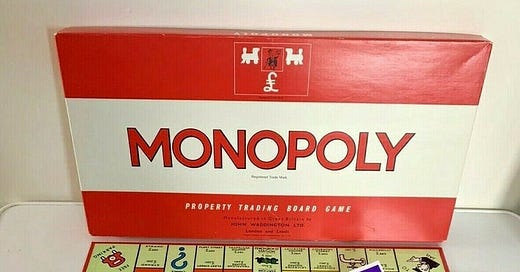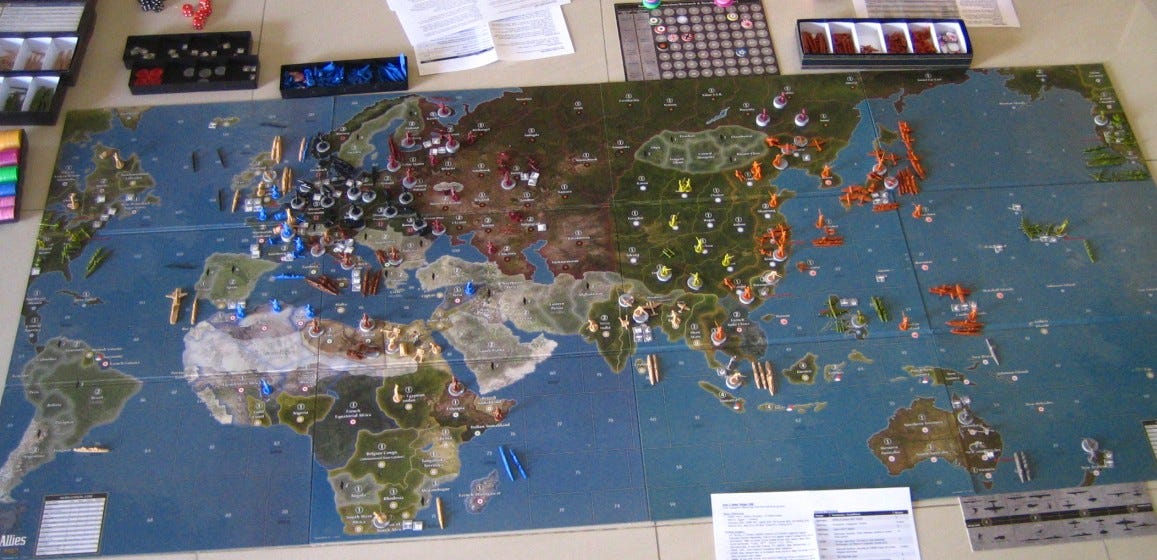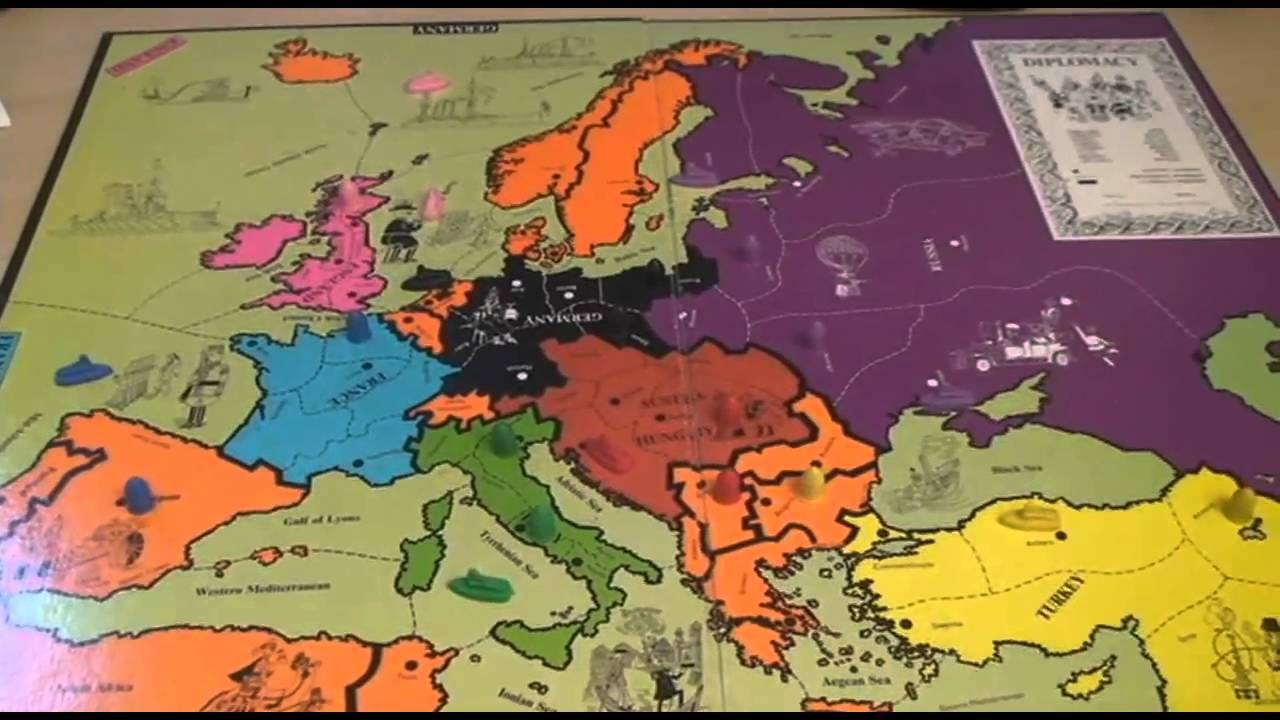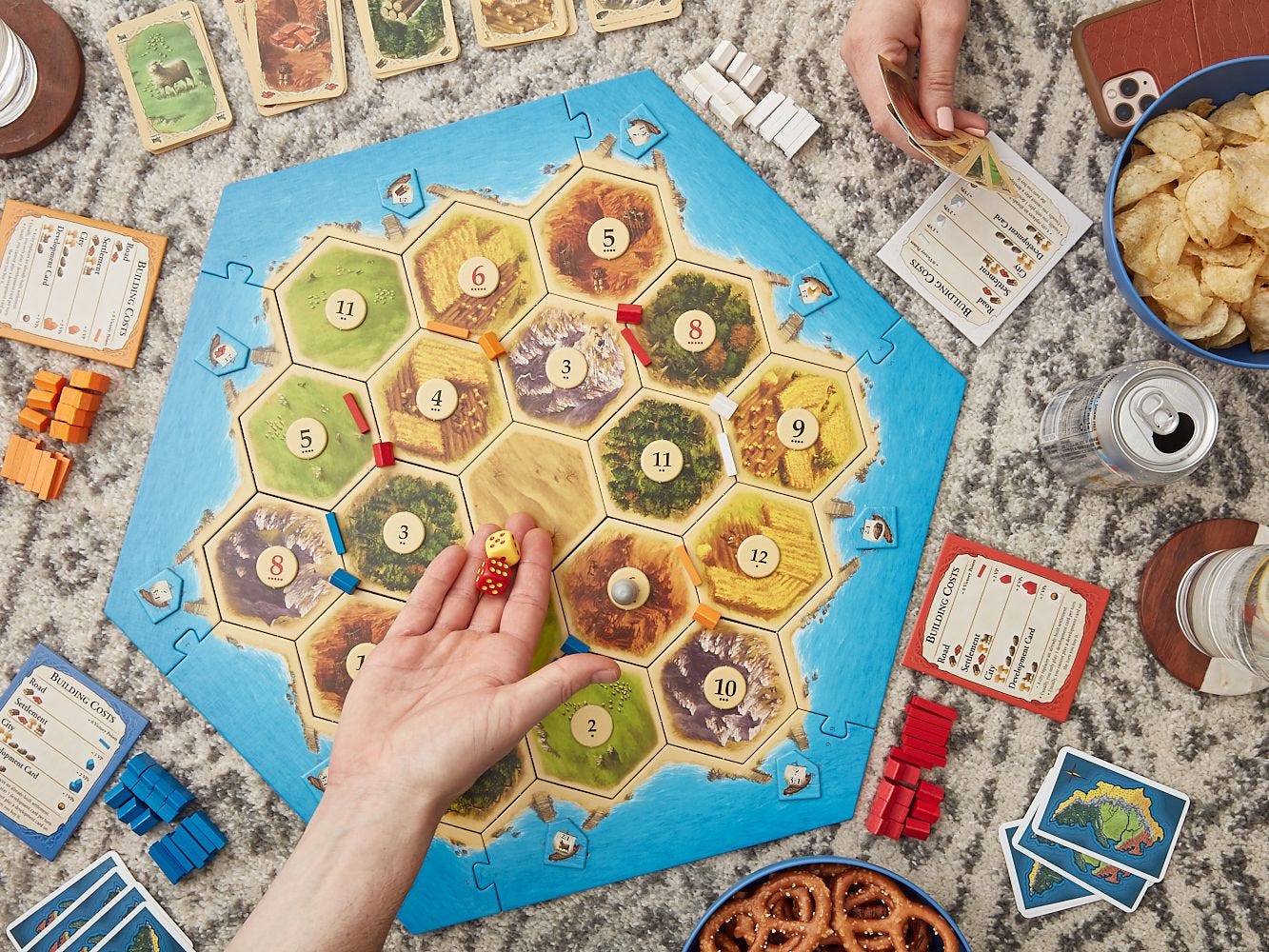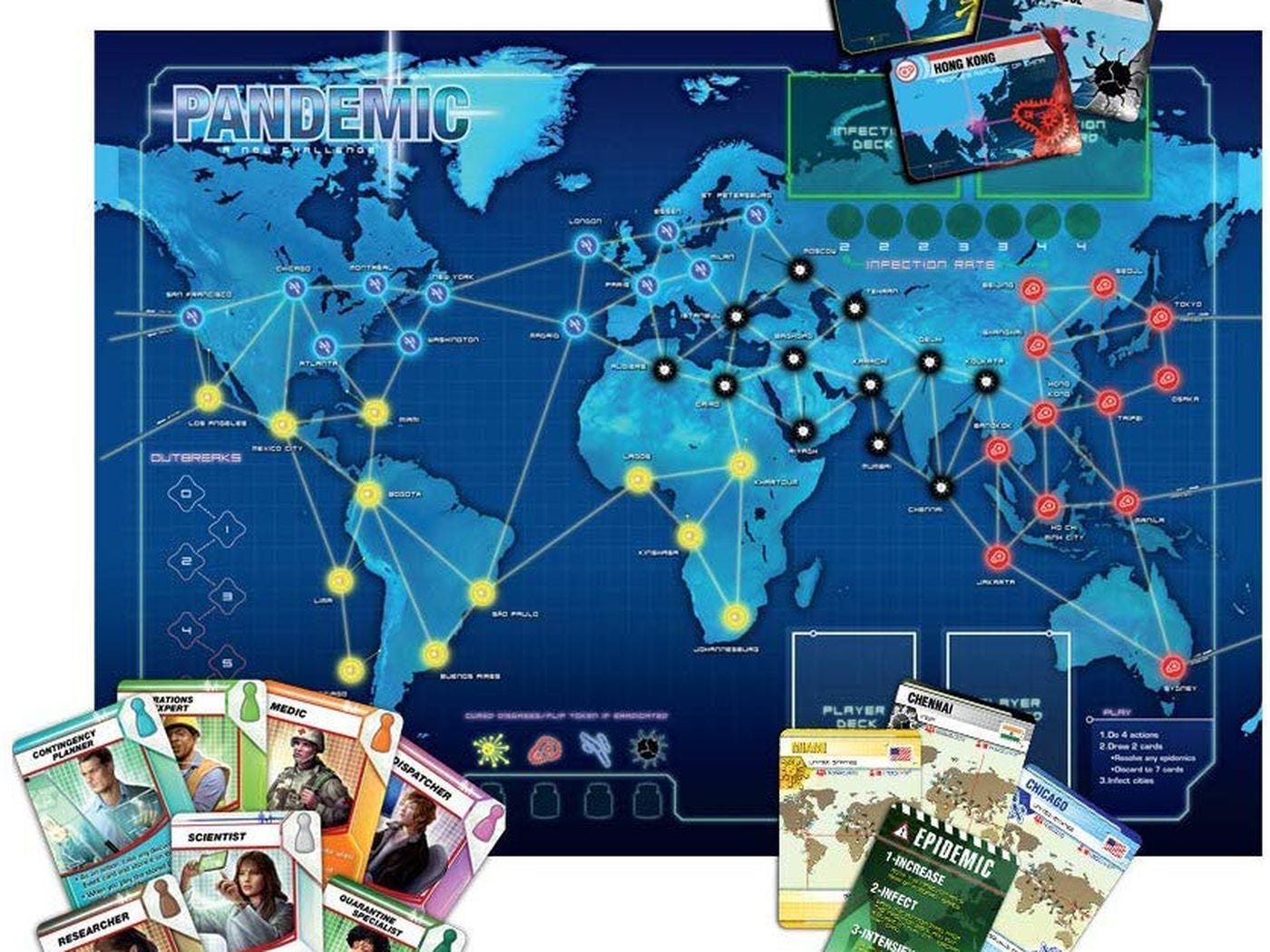Vaccination rates are rising, and the world seems to be opening up, albeit with fits and starts. As kids start getting back to school, it’s a good time take stock of how the pandemic affected them.
How will the year and half of interruption to schooling affect their lives? Will the effect differ among socioeconomic backgrounds? Weighty questions, the answer to which social scientists will be debating for years to come.
There is, however, one worrying effect of pandemic on youngsters that has already been documented —it has increased screen time use among kids. For example, the New York Times reported this worrying trend back in January. The interested reader could also look up an academic article in the prestigious Nature magazine on the rise in screen time addiction among the German kids.
More video games and smart phone/social media addictions are self-evidently bad. What to do about it? One option is to follow the Chinese leader Xi Jinping to put a three hour a week limit on screens. But then the next question would be, what will the kids do, especially when going out to parks and playgrounds is not an option?
Well, they could play boardgames!
I suspect anyone reading this would have played Ludo and Snake and Ladder as kids. Many would also have played Monopoly —whether the classic version set in London, or one of its variants (the one in Rahman household is set in Hawkins, Indiana; the first one we had, some three decades ago, was one set in Singapore).
These games are fun in their simplicity. You go where the dice take you. Other games of that type include Payday and Game of Life —both loved by tweens.
But their simplicity is also why serious boardgamers tend to find them, well, boring. There is not much room for strategizing. You go where the dice take you, and buy/sell/pay/receive money/objects/points as you are told. There isn’t much need to think!
If thinking is what you (or your kids) like, then of course there is chess. But there is also Checkers, and its Asian superiors: the Chinese Checkers, the Korean game of Go, and our own Sixteen Beads. These games, however, are usually for two players. And typically, they leave little room for socializing —you know, talking, teasing, banter and such like.
Take the concept of capturing the opponent’s pieces or territories, add the dice throwing element of chance, make it multi-player, and allow for social interactions, and you get Risk. The classic version is a game of world domination —you are playing for the whole world (as they did in the video below). But there are variants, the most favourite in the Rahman household being the Star Wars edition, set during the events of Episode VI: Return of the Jedi.
Take the classic edition of Risk, put it in 1942, and crank up the realism, and you get Axis and Allies. You need five players, a whole weekend, and a big table, to recreate World War II.
If there were seven players, and you had more than a weekend to play, you could try Diplomacy. Set in Europe of 1914, this game does not rely on dice or cards. Rather, your strategic vision and ability to persuade others to do your bidding will decide whether you win or lose.
These war games are, well, warlike. Conquest is in their very core. Is that the value you would want to teach your kids?
Fear not, dear reader. There are alternatives!
Over the past few decades, a set of games have sprung up where the aim is not to vanquish your enemy through conquest, but to defeat them in some form of commercial competition. You build a new settlement, produce goods, which you can trade for cash, and then use the cash to build mansions and monuments, the possession of which determines the winner.
The most interesting of these games is also the one potentially the most objectionable —Puerto Rico, as the name suggests, is about building settlement in the island, completely ignoring the history of colonial genocide and slavery in the island. Fortunately, other games of that nature —Settlers of Catan, Dominion, Carcassone —are set in imaginary worlds.
There are also games that might suit families with special dispensations —Trivial Pursuits, Scrabbles, Cluedo, or Pictionary.
All of the games mentioned above are great family entertainments, much better than having your kids’ (and yours too) eyeballs being glued on the junk that pervades our screens. But if there is one game that is most appropriate for our times, it would have to be, wait-for-it, Pandemic. The players are scientists trying to save the world from an outbreak. You have to strategise based on your cards, and collaborate —not compete—with fellow players. No one wins unless you all win against the virus.
No one wins unless we all win —isn’t that what we want to teach our kids?
First published at the Dhaka Tribune.
